Resources
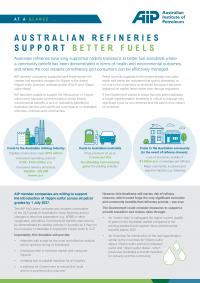
Date
Description
Australian refineries have long supported orderly transitions to better fuel standards where a community benefit has been demonstrated in terms of health and environmental outcomes, and where the cost impacts on refineries and consumers can be effectively managed.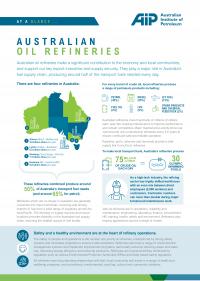
Date
Description
Australian oil refineries make a significant contribution to the economy and local communities, and support our key export industries and supply security. They play a major role in Australia’s fuel supply chain, producing around half of the transport fuels needed every day.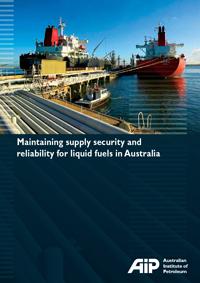
Date
Description
AIP has produced a new publication – Maintaining Supply Security and Reliability for Liquid Fuels in Australia – which provides a factual overview of the liquid fuels market and supply chain in Australia. It also details the key factors influencing the secure and reliable supply of liquid fuels to…Date
Description
The NOSEC is a committee of the Ministerial Council on Energy (MCE) and provides the main executive channel through which Commonwealth and State Governments formulate their overall management response to a national liquid fuel emergency. The task of the NOSEC is to ensure that the Federal…Date
Description
Through submissions to review processes, AIP aims to inform the community about the downstream petroleum industry, and its significance to the national economy, by making available comprehensive factual information and data about the industry and its performance over time. AIP material also…Date
Description
AIP has produced a set of basic facts on biofuels in Australia to inform consumers, commentators and other interested parties. AIP has consistently stated that there is a sustainable role for biofuels in the Australian fuels market provided biofuels are competitively priced, have a reliable supply…Date
Description
Australia has robust emergency response plans and arrangements Industry and governments fully recognise the potential impacts of a severe national shortage of fuel supplies to business and consumers. Australia has robust response plans for managing a national liquid fuel emergency, which…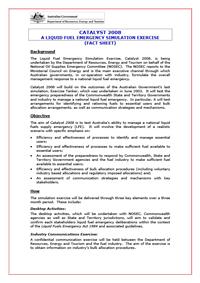
Date
Description
In 2008, the Department of Resources, Energy and Tourism (DRET), on behalf of NOSEC, undertook a Liquid Fuel Emergency Simulation Exercise – 'Catalyst 2008'. The aim of 'Catalyst 2008' was to test the emergency preparedness of the Commonwealth State and Territory Governments and industry to manage…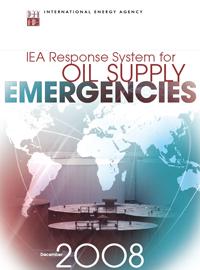
Date
Description
The International Energy Agency (IEA) is the energy forum for 28 industrialised countries, founded in 1974 (see www.aip.com.au/pricing/iea.htm). IEA member country governments are committed to taking joint measures to meet oil supply emergencies. They also have agreed to share energy information,…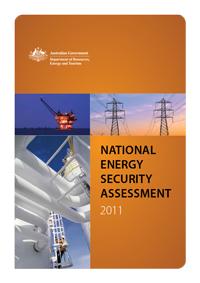 ,
, 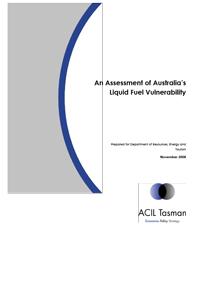
Date
Description
The NESA identifies the current strategic energy security issues in the liquid fuels, natural gas and electricity sectors, and those posing a potential risk in short term, medium term and longer term. The Government has indicated that the NESA will provide a key input into the development of future…